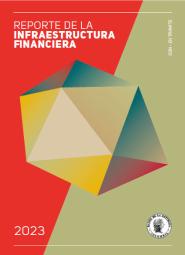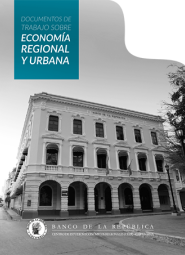The Heterogeneous Labor Market Effects of the Venezuelan Exodus on Female Workers: Evidence from Colombia
The series Documentos de Trabajo Sobre Economía Regional y Urbana is a publication of Banco de la República in Cartagena. The opinions contained in this document are the sole responsibility of the authors and do not commit Banco de la República or its Board of Directors.
Abstract
We study the labor market effects of the Venezuelan migration shock on female labor market outcomes in Colombia using a Bartik-instrument approach.For our identification strategy we leverage regional variation from pull factors and time variation from push factors. Our findings show that in the labor market, female immigrants can act as substitutes or complements for native-born women depending on native women’s education level; immigrant workers are substitutes in the labor market for native-born low-educated women as they compete for similar jobs. Hence, the low-educated native women’s labor force participation decreases. At the same time, time spent doing unpaid care increases for low-educated native women, possibly further preventing the job search for this group. On the other hand, we find an increase in labor force participation of 1.6 p.p. for highly educated women with minors at home and a 1 p.p. higher likelihood of becoming entrepreneurs due to the migratory shock, which supports the complementary-skill hypothesis. Finally, we don’t find evidence that the migratory shock induced households to outsource more home-production as a means for high-educated women to spend more time at paid work.




















































